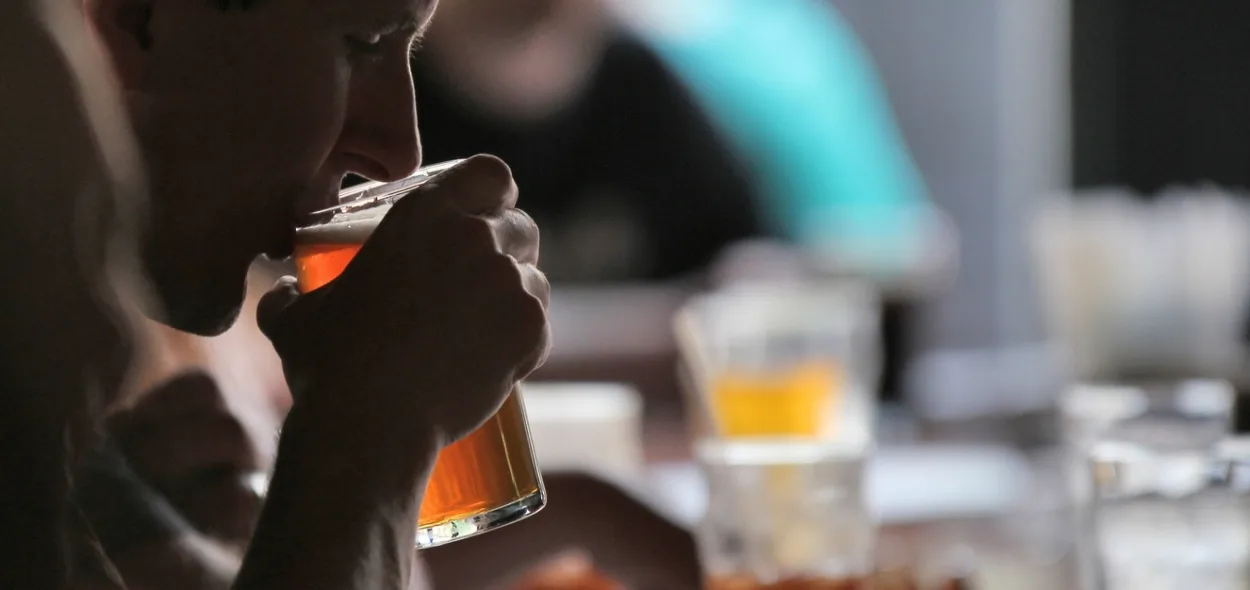
The United States has the highest rate of teen and young adult drug abuse in the world. Over the years, there have been many programs within this country that aimed to prevent substance use disorders. Many of these programs encouraged an abstinence only approach. However, current research shows that the best prevention strategy is to delay the age of initiation of substance use.
Most people use drugs for the first time when they are teenagers. There were just over 2.8 million new users of illicit drugs in 2013, and over half were under 18 years of age. The average age for first use of alcohol is 11 for boys and 13 for girls, while the average age for first use of marijuana for both genders is between 12 and 17 years old.
It is imperative that we change these numbers. Research shows that as age of first use decreases, probability of developing a substance use disorder increases. This is true for all substances. More than four in 10 people who begin drinking before age 15 eventually become alcoholics. Adults who first tried marijuana at the age of 14 or younger were six times more likely to have a substance use disorder than adults who tried marijuana for the first time at age 18 or older.
Tips for Preventing Abuse
We recommend the following suggestions to parents working to prevent their child from developing a substance use disorder.
Education
Teach yourself about drug and alcohol trends in your local area. Keep up on the police report and safety procedures. Telling your kids about the truth of drugs is helpful as well as informative for their life.
Build Relationships
Learning about your child and their likes/dislikes can help you figure out just what their character is like. Truly knowing your children will make the talk easier and they are more likely to listen. Having a solid relationship with them can help you form a plan for when they do encounter substances and need an excuse out like the X-Plan.
Provide Encouragement
Encouraging your child to talk openly and honestly with you about their questions regarding substances opens up the floor for other hard conversations. Be honest with them with your own personal details and encourage them to make the right choice without consequences.
As part of our mission, the adolescent counseling team at Rehab After School educates teens and their families about substance use in the community. Learn more about our adolescent rehab programs and community outreach.
Article written by Shaylyn Forte, LPC, CAADC
Chen, C.-Y., Storr, C. L., & Anthony, J. C. (2009). Early-onset drug use and risk for drug dependence problems. Addictive Behaviors, 34 (3), 319-322. doi: 10.1016/j.addbeh.2008.10.021
Clark, T. T., Doyle, O., & Clincy, A. (2013, September). Age of First Cigarette, Alcohol, and Marijuana Use Among U.S. Biracial/Ethnic Youth: A Population-Based Study. Retrieved April 20, 2017, from https://www.ncbi.nlm.nih.gov/pmc/articles/PMC4063551/
Dawson, D. A., Goldstein, R. B., Chou, S. P., Ruan, W. J., & Grant, B. F. (2008). Age at first drink and the first incidence of adult-onset DSM-IV alcohol use disorders. Alcoholism: Clinical and Experimental Research, 32 (12), 2149-2160. doi: 10.1111/j.1530-0277.2008.00806.x
King, K. M., & Chassin, L. (2007). A prospective study of the effects of age of initiation of alcohol and drug use on young adult substance dependence. Journal of Studies on Alcohol and Drugs, 68 (2), 256-265.
Substance Abuse and Mental Health Services Administration, Center for Behavioral Health Statistics and Quality. (July 17, 2014). The TEDS Report: Age of Substance Use Initiation among Treatment Admissions Aged 18 to 30. Rockville, MD.





